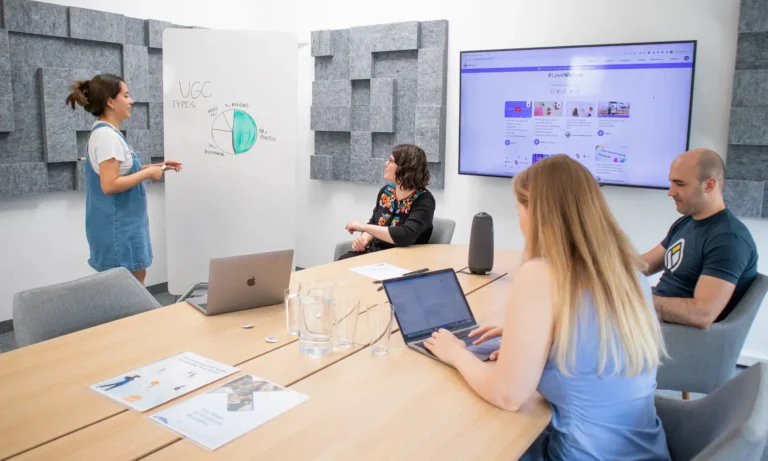Delivering Microsoft projects—whether it’s a Dynamics 365 rollout, a Power Platform initiative, or an Azure migration—requires a careful blend of strategy, expertise, and flexibility. But what happens when your internal team lacks the bandwidth or specialized skill set to execute? That’s where staff augmentation comes into play.
Staff augmentation is a flexible staffing model. It lets organizations add external experts to their teams temporarily or for specific projects. In Microsoft Business Applications projects, this can be a game-changer. It often means the difference between delays and a smooth, on-time, and on-budget implementation.
Let’s explore how staff augmentation can supercharge your Microsoft project’s success—no matter the size or complexity.
Access to Specialized Microsoft Expertise
Microsoft’s ecosystem is vast—Dynamics 365, Power Apps, Azure, Power BI, Dataverse, and more. Finding in-house professionals who are certified and deeply experienced in every part of the stack is rare.
Staff augmentation gives you on-demand access to experts with the exact skills you need—like Dynamics 365 consultants, Power Platform developers, or Azure architects. These professionals bring best practices and proven methodologies, ensuring the work is done right the first time.
Flexibility Without Long-Term Commitment
One of the key benefits of staff augmentation is scalability. You can ramp up resources quickly during peak periods—like implementation or testing phases—and scale down once the project enters maintenance.
This model avoids the cost and complexity of hiring full-time staff, saving money while giving you the agility to match your workforce with your workload.
Speed Up Delivery Timelines
Many Microsoft projects get delayed because internal teams are juggling too many priorities. Staff augmentation eliminates this bottleneck by injecting skilled professionals into your team who can focus 100% on the project at hand.
This not only accelerates timelines but also reduces burnout for your in-house staff, improving morale and quality of work across the board.
Support for Internal Teams and Knowledge Transfer
Augmented staff don’t just help deliver—they also upskill your internal teams in the process. By working side by side with experienced consultants, your employees learn new tools, techniques, and Microsoft capabilities they might not have had exposure to before.
This knowledge transfer ensures that your team can support and evolve the solution after the consultants roll off, creating a stronger, more self-sufficient IT function.
Minimize Project Risks
Microsoft projects come with challenges—from integration issues and security concerns to poor adoption and change resistance. Experienced augmented staff can spot risks early and implement proactive solutions.
They bring real-world experience from multiple industries and deployments, helping you avoid common pitfalls. Their presence alone improves governance, reduces rework, and ensures compliance with Microsoft’s architecture and security guidelines.
Fill Temporary Skill Gaps
Maybe your business needs an Azure DevOps engineer for six months, or a Power BI developer for one quarter. Hiring permanent employees for short-term needs is not practical. With staff augmentation, you get the exact skill set for the exact timeframe—zero downtime, zero waste.
This model is also ideal for backfilling roles during long leaves or while recruiting permanent staff.
Maintain Focus on Core Business Goals
By bringing in external talent to handle complex or technical aspects of your Microsoft projects, your internal teams can continue focusing on what they do best—core business operations, customer service, and strategic planning.
It’s a win-win: projects get delivered with excellence, and your business keeps moving forward without disruption.


